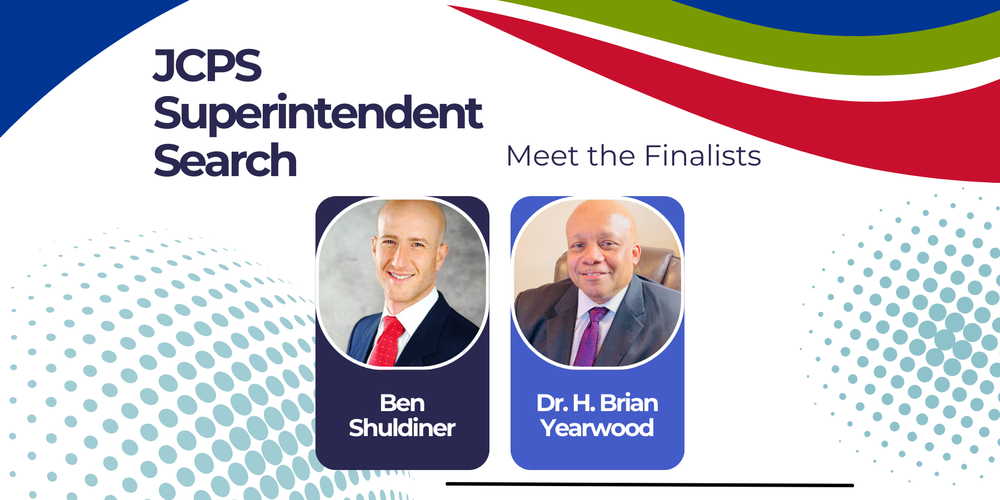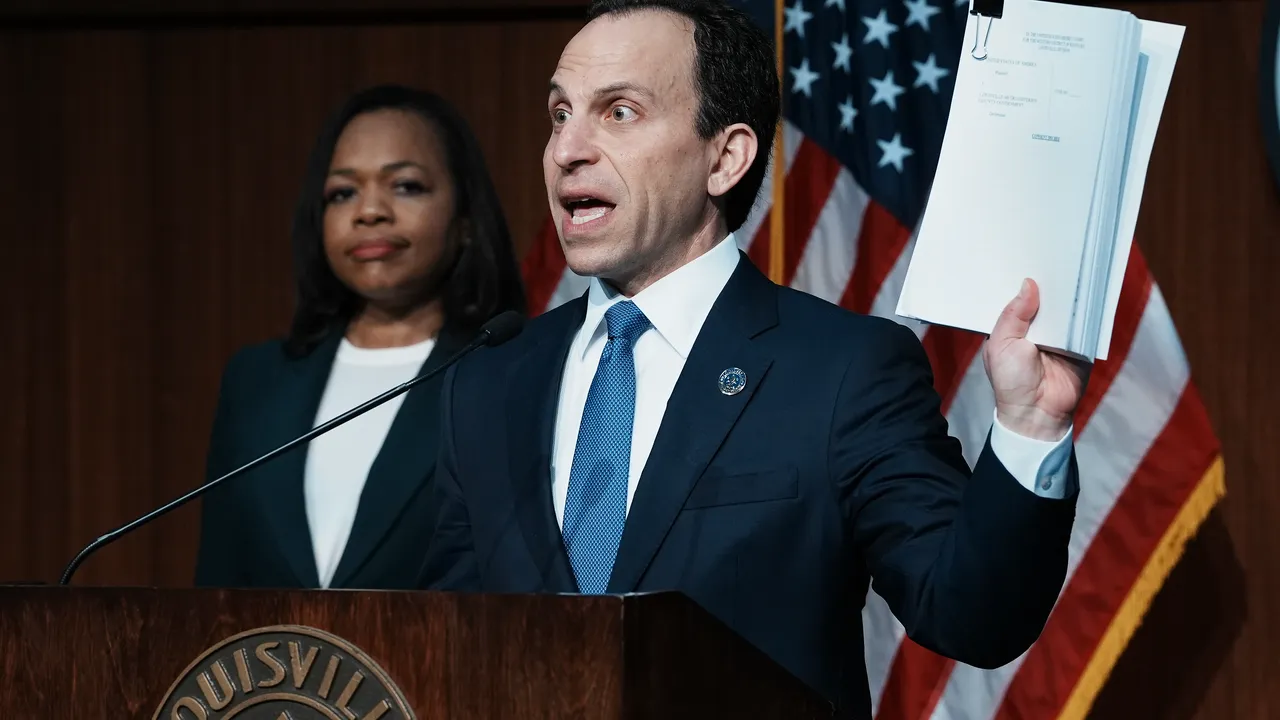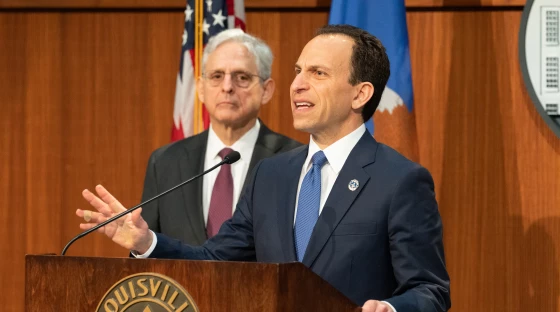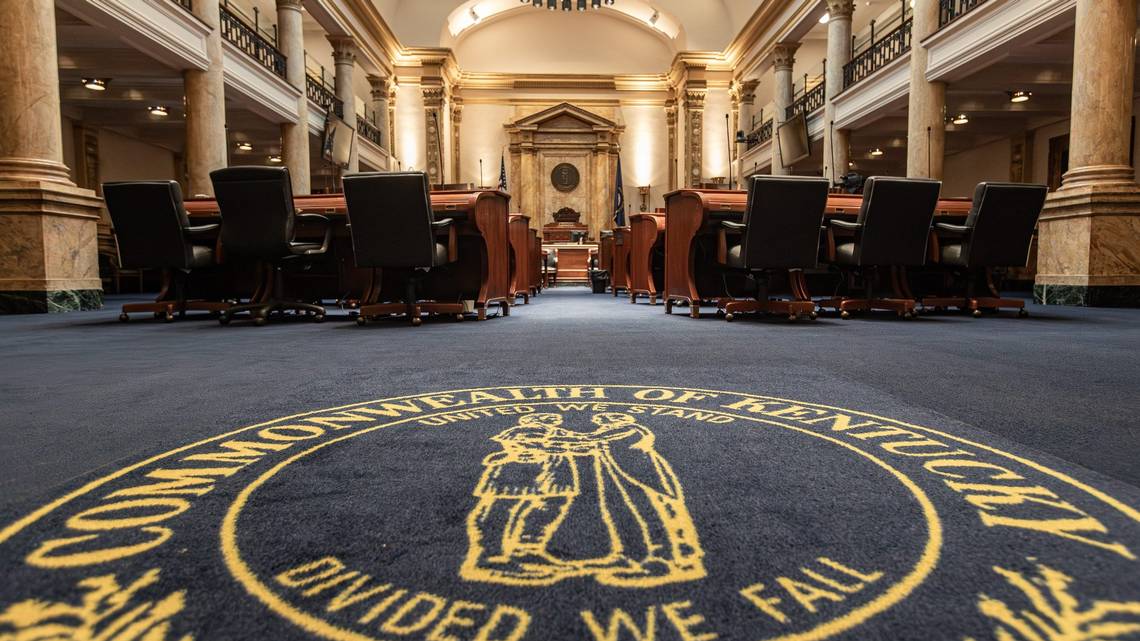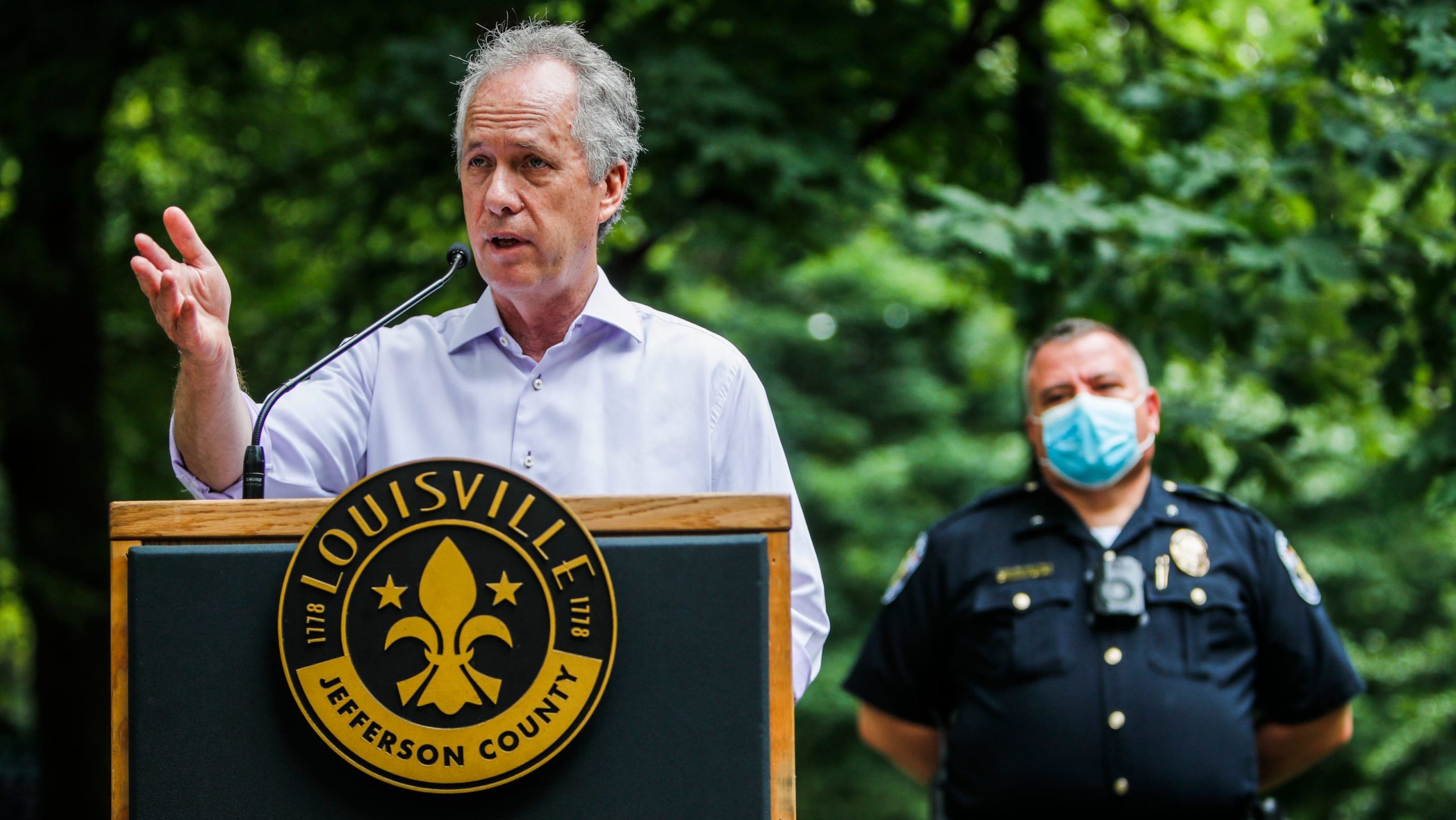ESTABLISH ALTERNATIVE APPROACHES TO MENTAL HEALTH CRISES
Updated: July 24, 2020
- Establish and fund Mental Health Response Teams outside of LMPD, to respond to crisis situations. These approaches have been proven to reduce police use of force in these situations by nearly 40%.
- Establish a team of mental health professionals, social workers and/or crisis counselors to send as first responders to calls involving mental health crises, such as the CAHOOTS model implemented in Eugene.
- Involve this multidisciplinary team in the planning, implementation and response to crises.
- Require at least 40 hours of crisis intervention training for police officers (Ex: LAPD Mental Evaluation Team).
- Support existing and emerging non-clinical mental health interventions such as psychosocial education, holistic support systems, art-based methods, and peer-based support that is delivered by people of color and offered in safe spaces such as the Louisville Urban League in order to increase access to services and to reduce stigma.
- Due to bias and past violence against African Americans, many don’t trust medical institutions. There needs to be a plan that includes destigmatizing treatment and interventions so people utilize the services offered.
Fund and support the establishment of appropriately trained non-police response teams to respond to crisis situations. We understand there are plans to “experiment” with this idea this year, but we expect to see a community-approved solution, fully implemented, separate and apart from any LMPD oversight within 60 days (Response to LMG, pg. 2).
Who needs to act? You; Mayor Greg Fischer; Louisville Metro Public Health Department; Louisville Metro Police Department; Louisville Metro Council; Black Mental Health Professionals
60 Days
0
0
0
0
Days
0
0
Hrs
0
0
Min
0
0
Sec


